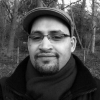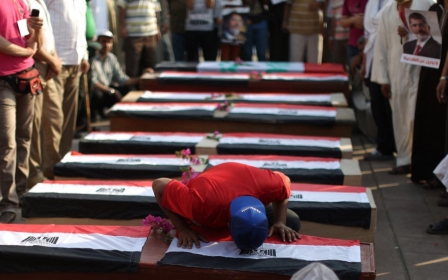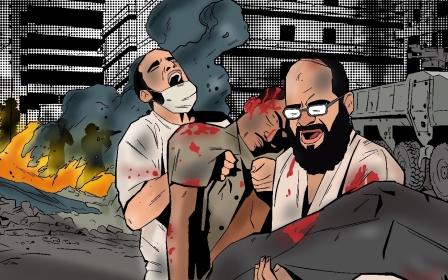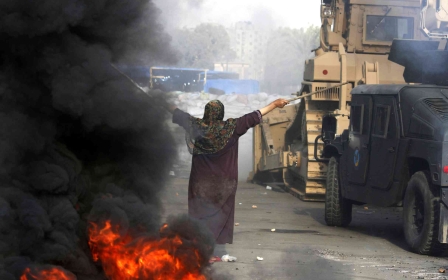Rabaa massacre: A decade on, Egypt remains clouded by denial
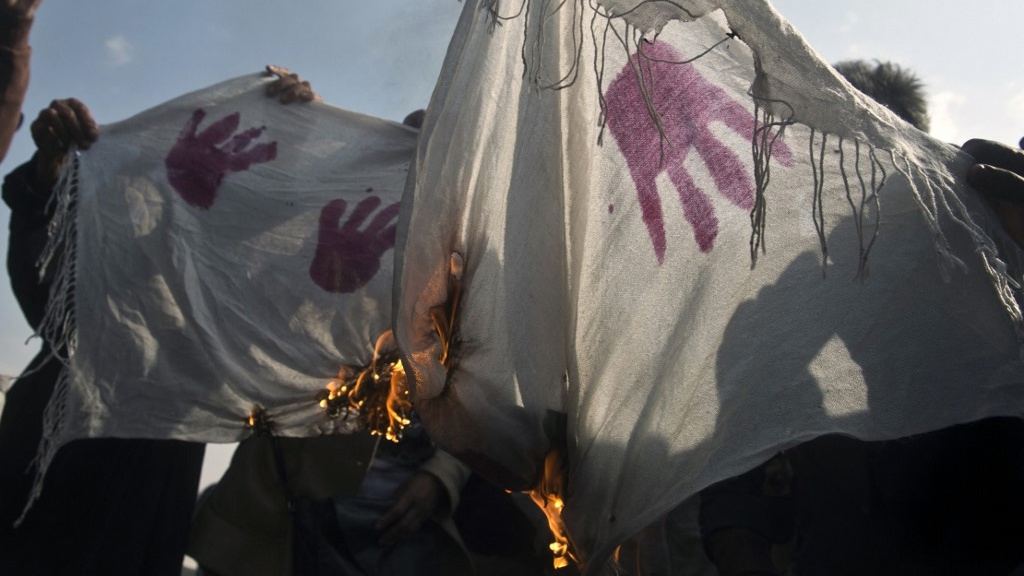
A decade ago, in the early morning hours of 14 August 2013, a haunting symphony of gunshots pierced the air, forever etching a sombre tale into my consciousness.
What might have sounded like the customary exuberance of wedding festivities in Egypt soon unraveled into a tableau of anguish, with echoes of violence casting a sinister shadow over the morning’s tranquility.
Indeed, it was not the joyful union of souls that these gunshots heralded, but rather an unspeakable massacre. Protest sites at Rabaa al-Adawiya and al-Nahda squares, located just a short distance from my home, became the focus of a brutal attack that extinguished hundreds of lives. It was a merciless barrage.
As Egyptian authorities orchestrated this macabre ballet of death, a chilling dichotomy emerged. While the populace should have wept, their tears mingling with the agony of loss, a perverse celebration unfolded. A surreal symphony of jubilation played out against the backdrop of tragedy - an aberrant spectacle that haunts the recesses of my memory.
Ten years later, the wounds of Rabaa remain raw. The fabric of Egyptian society, once seen as resilient and interconnected, has been destroyed. The bonds that were believed to be unbreakable have been torn asunder, replaced by a pervasive sense of distrust and fracture.
Stay informed with MEE's newsletters
Sign up to get the latest alerts, insights and analysis, starting with Turkey Unpacked
Amid this grim reality, a significant faction of society, apparently blind to the horrors that unfolded a decade ago, remains ensnared in denial. With unsettling fervour, they extol the very authorities responsible for these heinous acts, hailing them as heroes. They applaud the perpetrators of the Rabaa massacre, rendering the memories of the fallen even more poignant.
Their wilful ignorance and endorsement of brutality have cast a pall over the nation - a stark reminder that the scars of that tragic day run deeper than physical wounds. As the world moves forward, these resolute deniers stand as a haunting testament to the power of delusion and the insidious erosion of truth.
Willful blindness
The only parties to benefit from this are Egyptian authorities, the orchestrators of this calamity. They have cunningly played the classic game of “divide and conquer” - a malevolent strategy that pits one faction of society against another, stoking the fires of conflict.
The very essence of unity, once a cornerstone of Egyptian society, has succumbed to the corrosive forces of manipulation. As the masses unwittingly turn against one another, the authorities revel in their sinister triumph. The tragedy serves as a stark lesson; a haunting testament to the enduring power of deception and the art of sowing discord.
It is an enduring puzzle as to why the nation persists in this state of denial regarding the Rabaa massacre. Clearly, the well-entrenched political and ideological divisions, like deep fault lines, contribute to this willful blindness.
A commitment to truth, when honoured, has the power to transform even the darkest of legacies
But the roots are much deeper than the realm of politics, seeping into the very essence of our society.
Our nation’s once-celebrated unity and togetherness are now tainted and fragile. A mosaic of shared values and collective identity has been replaced by suspicion and mistrust. The threads that wove our communities into a vibrant tapestry have frayed, leaving us vulnerable to manipulation and division.
A decade has passed since that fateful massacre, and still, the orchestrated chorus of officials blame targets the victims. The truth remains buried beneath layers of deception and misinformation. The perpetrators of this atrocity have not faced justice or any type of accountability.
This injustice is a festering wound; a grim reminder of the distorted power dynamics at play.
The echoes of the gunshots that morning continue to reverberate in the nation’s collective memory and in the foundations of its governance.
Our healing is inexorably linked to our acknowledgment of that harrowing day.
Until the nation confronts the truth and seeks justice for the fallen, the spectre of the massacre will persist - a haunting presence that refuses to be silenced. A commitment to truth, when honoured, has the power to transform even the darkest of legacies.
The views expressed in this article belong to the author and do not necessarily reflect the editorial policy of Middle East Eye.
Middle East Eye delivers independent and unrivalled coverage and analysis of the Middle East, North Africa and beyond. To learn more about republishing this content and the associated fees, please fill out this form. More about MEE can be found here.


